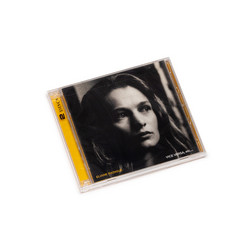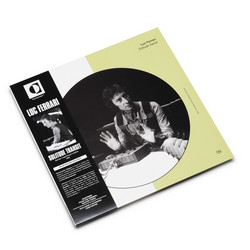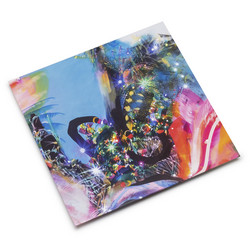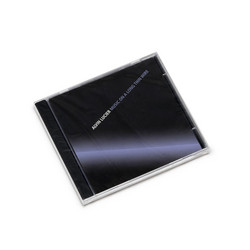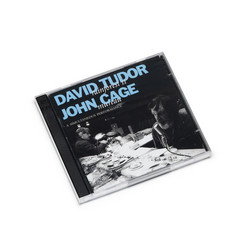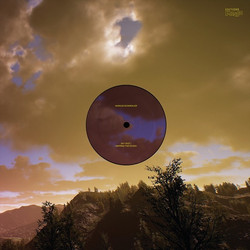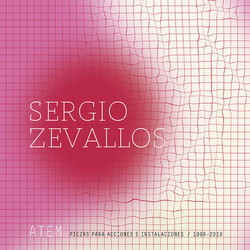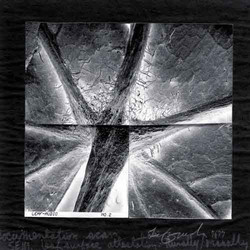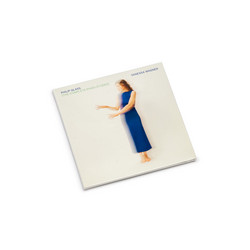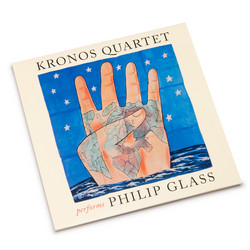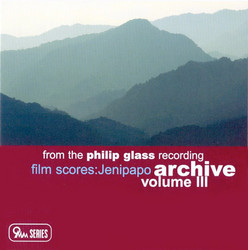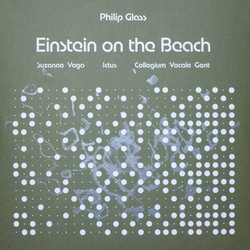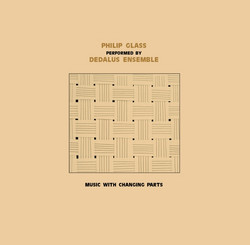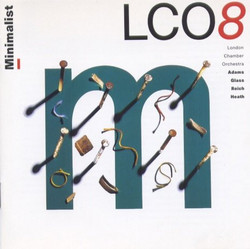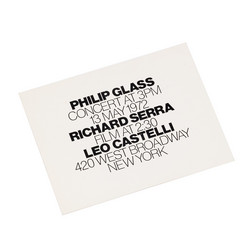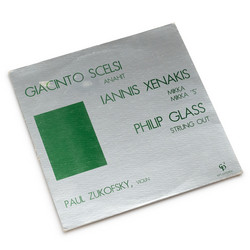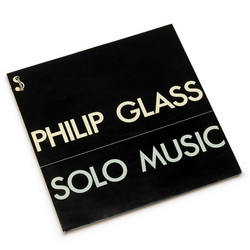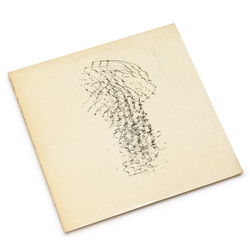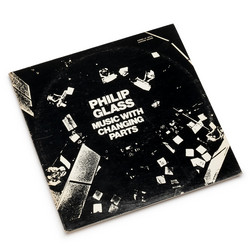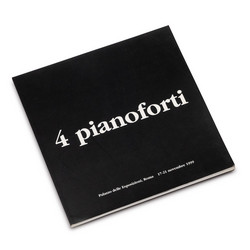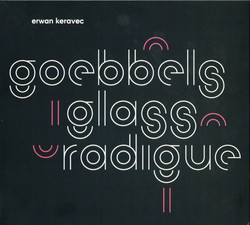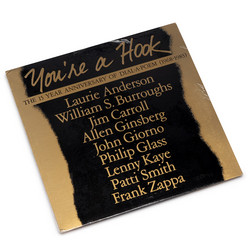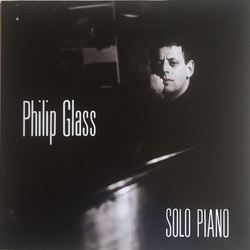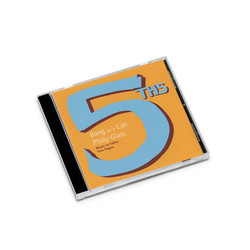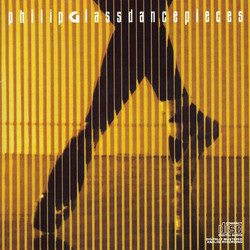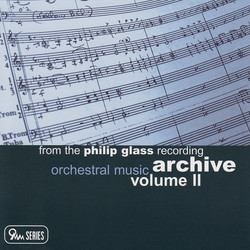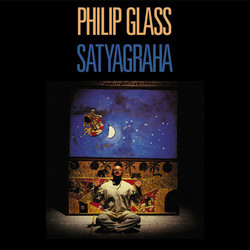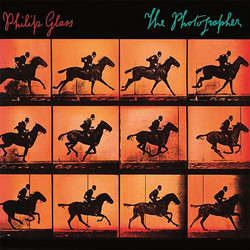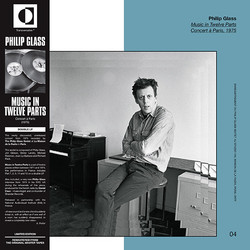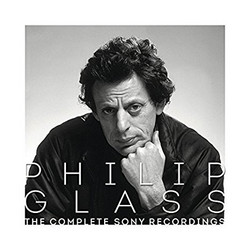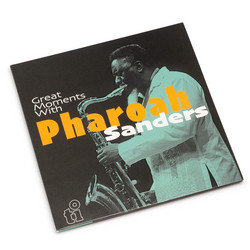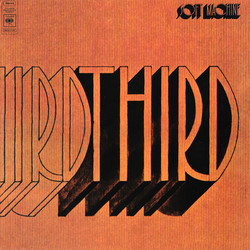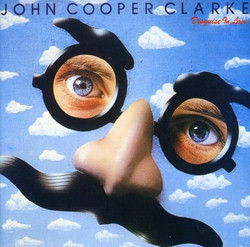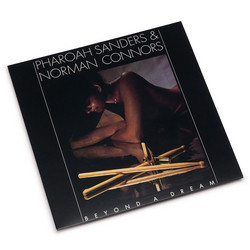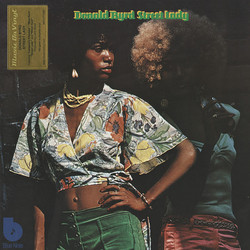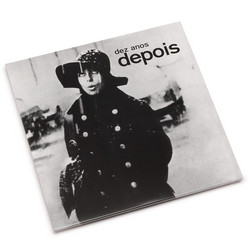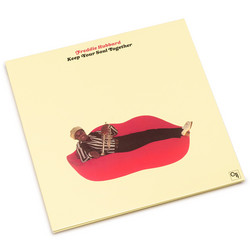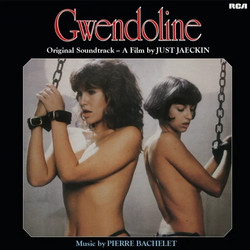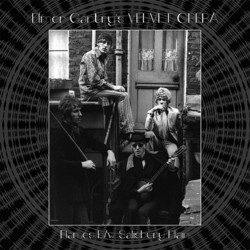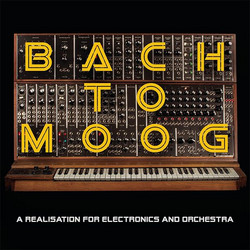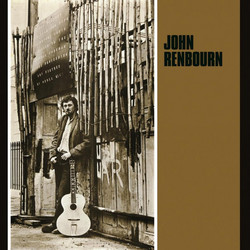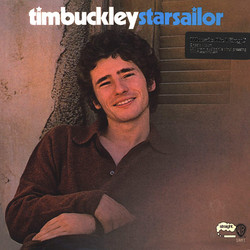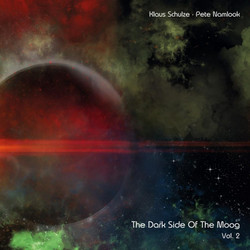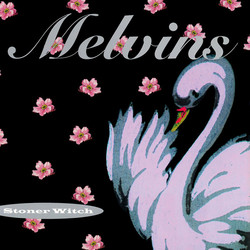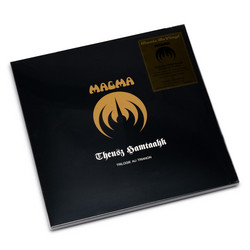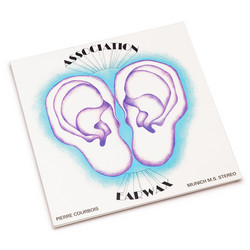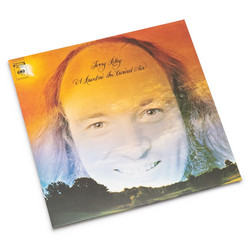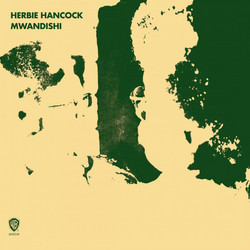Philip Glass, Robert Wilson
Einstein On The Beach (4LP Box)
**180 gram audiophile vinyl. Deluxe Lift-off Box Set and it includes a 24-page booklet.** Composer Philip Glass and director Robert Wilson's Einstein on the Beach, widely credited as one of the greatest artistic achievements of the 20th century, launched its creators to international success when it was first produced in Avignon, France, in 1976, with subsequent performances in Europe and in New York at the Metropolitan Opera. It is still recognized as one of their greatest masterpieces.
Einstein on the Beach breaks all of the rules of conventional opera. Instead of a traditional orchestral arrangement, Glass chose to compose the work for the synthesizers, woodwinds and voices of the Philip Glass Ensemble. Non-narrative in form, the work uses a series of powerful recurrent images as its main storytelling device shown in juxtaposition with abstract dance sequences created by American choreographer Lucinda Childs. It is structured in four interconnected acts and divided by a series of short scenes or "knee plays." Taking place over five hours, there are no traditional intermissions. Instead, the audience is invited to wander in and out at liberty during the performance.
Einstein on the Beach was revolutionary when first performed and is now considered one of the most remarkable performance works of our time. The New York Times art critic and producer John Rockwell has said of seeing Einstein on the Beach for the first time: “Einstein was like nothing I had ever encountered. For me, its very elusiveness radiated richly, like some dark star whose effects we can only feel. The synergy of words and music seemed ideal.” He continues, "Einstein on the Beach, perhaps, like Einstein himself, transcended time. It's not (just) an artifact of its era, it's timeless ... Einstein must be seen and re-seen, encountered and savored ... an experience to cherish for a lifetime."
Philip Glass is one of America’s best-known living composers, with a career that spans more than four decades and includes chamber music, symphonies, operas, concerti, film scores, and music for dance. "Few composers of our time have dismantled the barriers between the music of the people and the music of the elite more consistently and creatively than Philip Glass," proclaimed the Guardian. "His achievement is massive."
